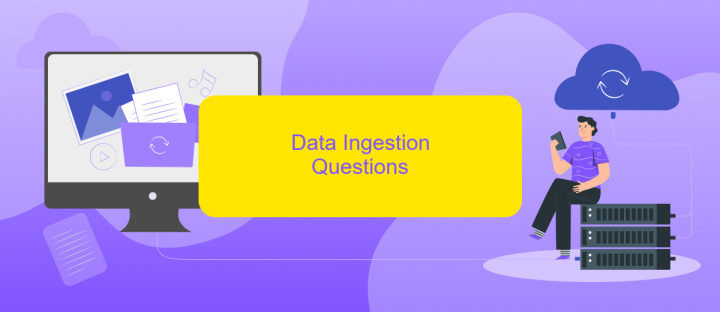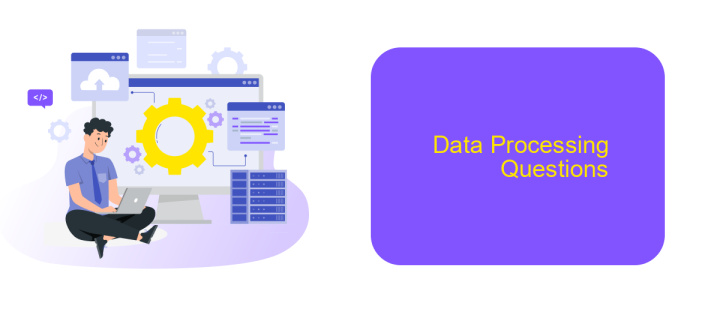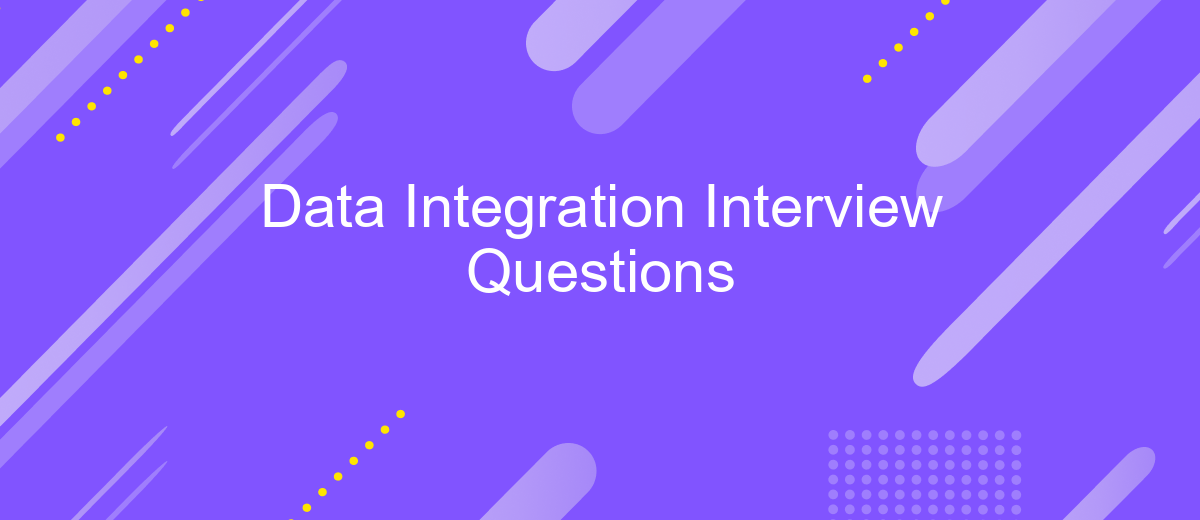Data Integration Interview Questions
Data integration is a critical function in today's data-driven world, enabling seamless connectivity and collaboration across diverse systems and platforms. As organizations strive to harness the full potential of their data, the demand for skilled data integration professionals continues to grow. This article explores key interview questions to help you prepare for a data integration role, ensuring you can demonstrate your expertise and secure your next opportunity.
Introduction
Data integration is a crucial aspect of modern data management, enabling organizations to combine data from different sources into a unified view. As businesses increasingly rely on data-driven decision-making, the demand for skilled data integration professionals has surged. Preparing for a data integration interview involves understanding key concepts, tools, and best practices.
- Understanding ETL (Extract, Transform, Load) processes
- Knowledge of data integration tools like ApiX-Drive, Talend, and Informatica
- Experience with data warehousing and data lakes
- Proficiency in SQL and other query languages
- Familiarity with data governance and data quality principles
ApiX-Drive, for instance, is a powerful tool that simplifies the integration process by allowing seamless data transfer between various platforms without requiring coding skills. Mastering such tools can significantly enhance your efficiency and effectiveness in managing data integration tasks. As you prepare for your interview, focus on demonstrating your technical skills and understanding of how these tools can solve real-world data challenges.
Technical Questions

When preparing for a data integration interview, you should be ready to discuss various technical aspects. One common question might be about the methods used for data integration, such as ETL (Extract, Transform, Load) processes, APIs, and data pipelines. You should be able to explain how these methods work, their advantages, and their limitations. Additionally, you may be asked to describe your experience with specific data integration tools and platforms, such as Apache Nifi, Talend, or Informatica.
Another important area to cover is the challenges you have faced in data integration projects and how you overcame them. For instance, dealing with data from disparate sources, ensuring data quality, and maintaining data consistency are common issues. You might also be asked about your experience with cloud-based integration services like ApiX-Drive, which simplifies the process of connecting different applications and automating workflows. Demonstrating your ability to troubleshoot and optimize data integration processes will be crucial in showcasing your technical expertise.
Data Ingestion Questions

Data ingestion is a crucial step in data integration, involving the process of obtaining and importing data for immediate use or storage. This process ensures that data from various sources is available in a unified format for analysis. Understanding data ingestion techniques and tools is essential for any data integration professional.
- What is data ingestion, and why is it important? - Data ingestion is the process of collecting and importing data from different sources into a storage system. It is important because it ensures data is available for analysis and decision-making.
- What are the different types of data ingestion? - There are two main types: batch ingestion, where data is collected and processed in chunks at scheduled intervals, and real-time ingestion, where data is processed as soon as it is generated.
- Can you name some tools used for data ingestion? - Popular tools include Apache Kafka, Apache Nifi, and cloud-based services like ApiX-Drive, which simplifies the integration of various data sources through automated workflows.
Choosing the right data ingestion strategy and tools is critical for the efficiency and reliability of your data integration process. Tools like ApiX-Drive can significantly streamline the process, allowing seamless integration of multiple data sources with minimal effort.
Data Processing Questions

Data processing is a critical aspect of data integration, ensuring that raw data is transformed into a meaningful format for analysis. Understanding the various methods and tools used in data processing is essential for anyone involved in data integration projects.
When preparing for an interview, it's important to be familiar with the different stages of data processing, such as data cleaning, transformation, and loading. These stages help in maintaining data quality and consistency across various systems.
- What are the different stages of data processing?
- How do you handle data cleaning and transformation?
- What tools do you use for data processing and why?
- Can you explain the role of ETL in data processing?
- How do you ensure data quality during processing?
One effective tool for managing data integration and processing is ApiX-Drive. This service simplifies the process by automating data transfers between different platforms, reducing the need for manual intervention and ensuring data accuracy. Familiarity with such tools can give you an edge in optimizing data workflows and improving overall efficiency.
Behavioral Questions
During a data integration project, describe a time when you had to collaborate with a cross-functional team to achieve a common goal. How did you ensure effective communication and coordination among team members? Highlight specific tools or methods you used to facilitate this process. For example, you might have leveraged ApiX-Drive to streamline data flows between various applications, ensuring that all stakeholders had access to real-time data and updates.
Can you provide an example of a challenging data integration problem you faced and how you resolved it? Detail the steps you took to identify the root cause of the issue and the strategies you employed to fix it. Mention any specific platforms or services, such as ApiX-Drive, that were instrumental in solving the problem. Discuss how this experience has shaped your approach to troubleshooting and problem-solving in future projects.
FAQ
What is data integration?
What are the common challenges in data integration?
How can businesses ensure data quality during integration?
What are the benefits of using automation tools for data integration?
How does ApiX-Drive help with data integration?
Routine tasks take a lot of time from employees? Do they burn out, do not have enough working day for the main duties and important things? Do you understand that the only way out of this situation in modern realities is automation? Try Apix-Drive for free and make sure that the online connector in 5 minutes of setting up integration will remove a significant part of the routine from your life and free up time for you and your employees.

